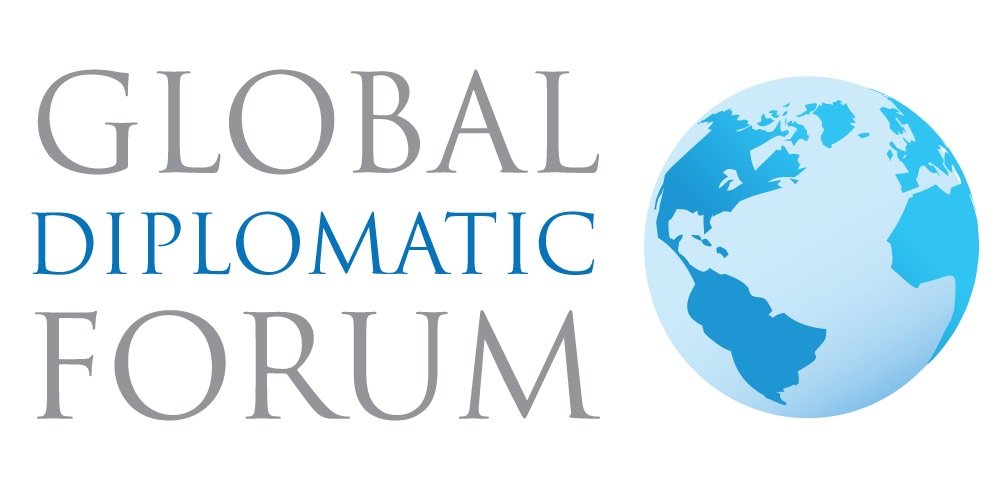Building a Global Support Network: The Diplomat’s Anchor in a Shifting World
Diplomacy is a career of movement—physically, mentally, and emotionally. From assignments in bustling metropolises to quieter, more remote postings, the life of a diplomat is often one of impermanence. While the work demands resilience and adaptability, the need for a strong support system is undeniable. In this article, we delve into how diplomats can build and maintain meaningful relationships across borders, providing a sense of stability in an ever-changing world.
The Challenge of Loneliness
For many diplomats, the allure of new cities and cultures is tempered by the isolation that comes with being far from loved ones. After the formal receptions and intense negotiations, there’s often a quiet that settles in—a stark reminder of how disconnected one can feel in a foreign land.
“There were evenings when I’d return to my apartment in Geneva, look out at the beautiful lake, and feel a pang of loneliness,” shares Sarah, a mid-career diplomat. “I realised I needed more than just work to feel grounded—I needed people.”
This sense of isolation is not uncommon. The transient nature of diplomatic postings makes it harder to nurture lasting relationships, but it also underscores the importance of creating and maintaining a robust support network.
1. Finding Community in Expat Circles
One of the easiest ways to build connections in a new city is through expatriate and diplomatic communities. Organisations like international clubs, embassy networks, or cultural centres offer opportunities to meet like-minded individuals who understand the challenges of living abroad.
“In Bangkok, I joined a book club organised by the expat community,” says James, a first-time ambassador. “It wasn’t just about discussing novels—it became my lifeline for socialising and exchanging advice about life in Thailand.”
Practical Tip:
Seek out Facebook groups, Meetup events, or embassy-hosted gatherings soon after arriving in a new post. It’s easier to integrate early when others are also looking to expand their networks.
2. Staying Connected Across Borders
With friends and family often thousands of miles away, technology becomes an essential tool for maintaining relationships. Regular video calls shared photo albums, and even online games can create a sense of presence despite the distance.
“Every Sunday, no matter where I am, I have a standing video call with my parents and siblings,” explains Amira, who has served in five different countries over the last decade. “It’s non-negotiable. It’s how we stay close, even when we’re continents apart.”
Practical Tip:
Create rituals, like weekly video calls or digital family game nights, that provide consistency in your relationships.
3. The Power of Mentorship
Within the diplomatic community, finding a mentor can be transformative. A seasoned diplomat can provide guidance not just on professional challenges but also on navigating the personal aspects of the lifestyle.
“When I was posted to my first African country, I felt out of my depth,” recalls Felipe, a junior diplomat. “It was my mentor who told me, ‘Focus on building relationships—they’ll teach you more than any briefing document.’ That advice stuck with me, and it helped me forge lasting bonds in the community.”
Mentorship can also work both ways. For more experienced diplomats, mentoring younger colleagues can be equally fulfilling, fostering a sense of connection and purpose.
4. Embracing Local Connections
While expatriate communities offer familiarity, the richest experiences often come from connecting with locals. Building friendships with people from the host country not only enriches one’s cultural understanding but also provides a deeper sense of belonging.
“In Tokyo, I joined a local pottery class. At first, I felt out of place, but over time, the teacher and my classmates became like family,” says Marta, a cultural attaché. “They showed me sides of Japan I would never have seen otherwise.”
Practical Tip:
Engage in local activities—sports, classes, or volunteering projects. These spaces create natural opportunities to form meaningful relationships with people outside the diplomatic circle.
5. Navigating Transitions
Every new posting brings fresh opportunities but also the bittersweet task of saying goodbye. Maintaining friendships while embracing new ones can feel overwhelming, but it’s a skill diplomats learn over time.
“When I moved from Berlin to Nairobi, I was worried about losing touch with my friends in Europe,” shares Anya, a development officer. “But I realised that friendships adapt. Some people became my ‘postcard friends,’ while others stayed part of my daily life through texts and calls.”
Practical Tip:
Use transitions as an opportunity to reflect on and prioritise relationships. Some connections may naturally fade, while others will deepen over time.
A Life Rooted in Connection
Diplomacy may be a career of constant change, but it doesn’t have to be a lonely one. By investing in relationships—both near and far—diplomats can create a sense of home no matter where they are in the world. Whether it’s a shared laugh over coffee with a new friend, a heartfelt conversation with family back home, or the mentorship of a trusted colleague, these connections form the foundation of a fulfilling diplomatic life.
“At the end of the day, it’s not just the places that stay with you—it’s the people,” Sarah reflects. “They’re what make this lifestyle worthwhile.”
